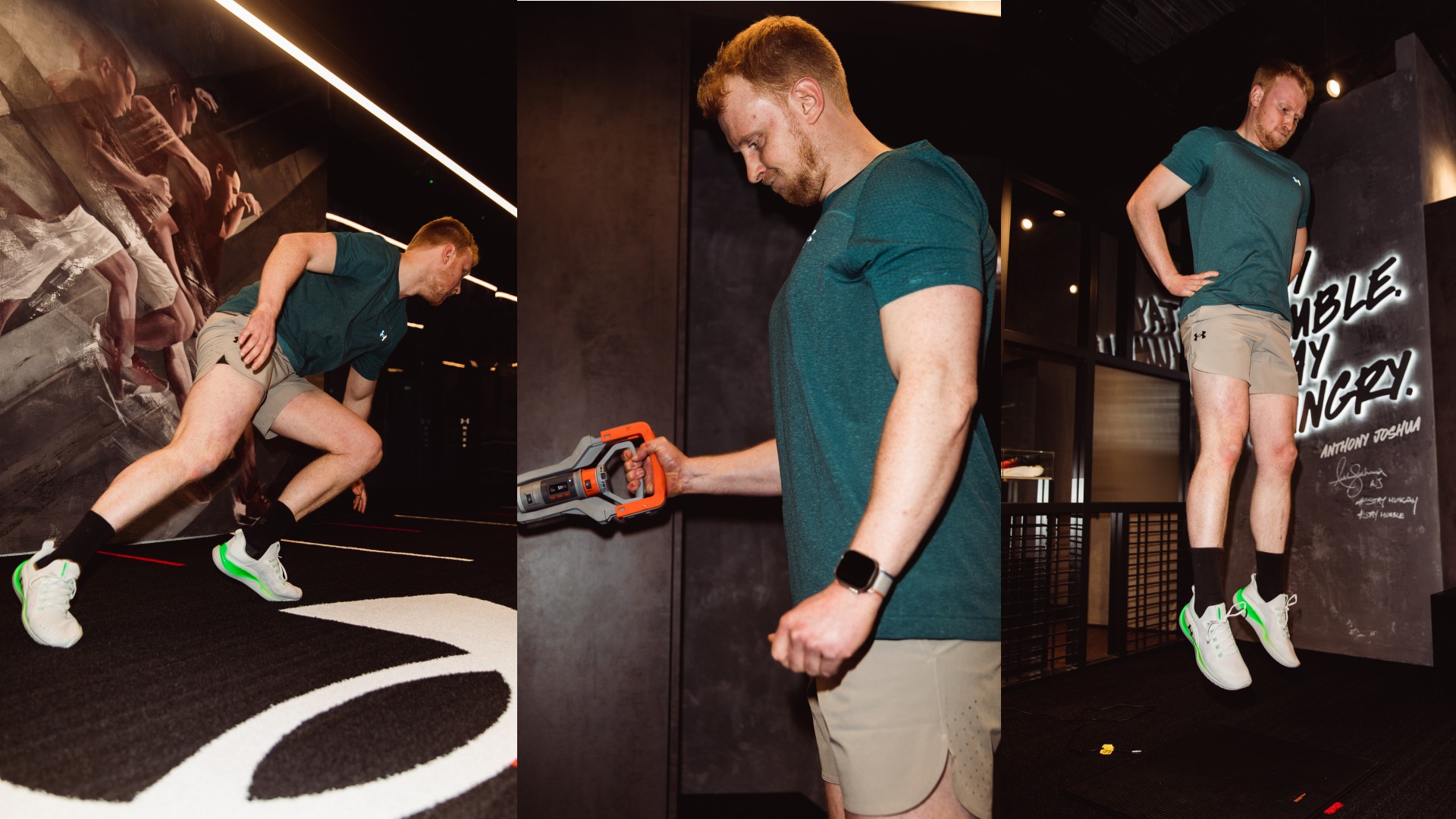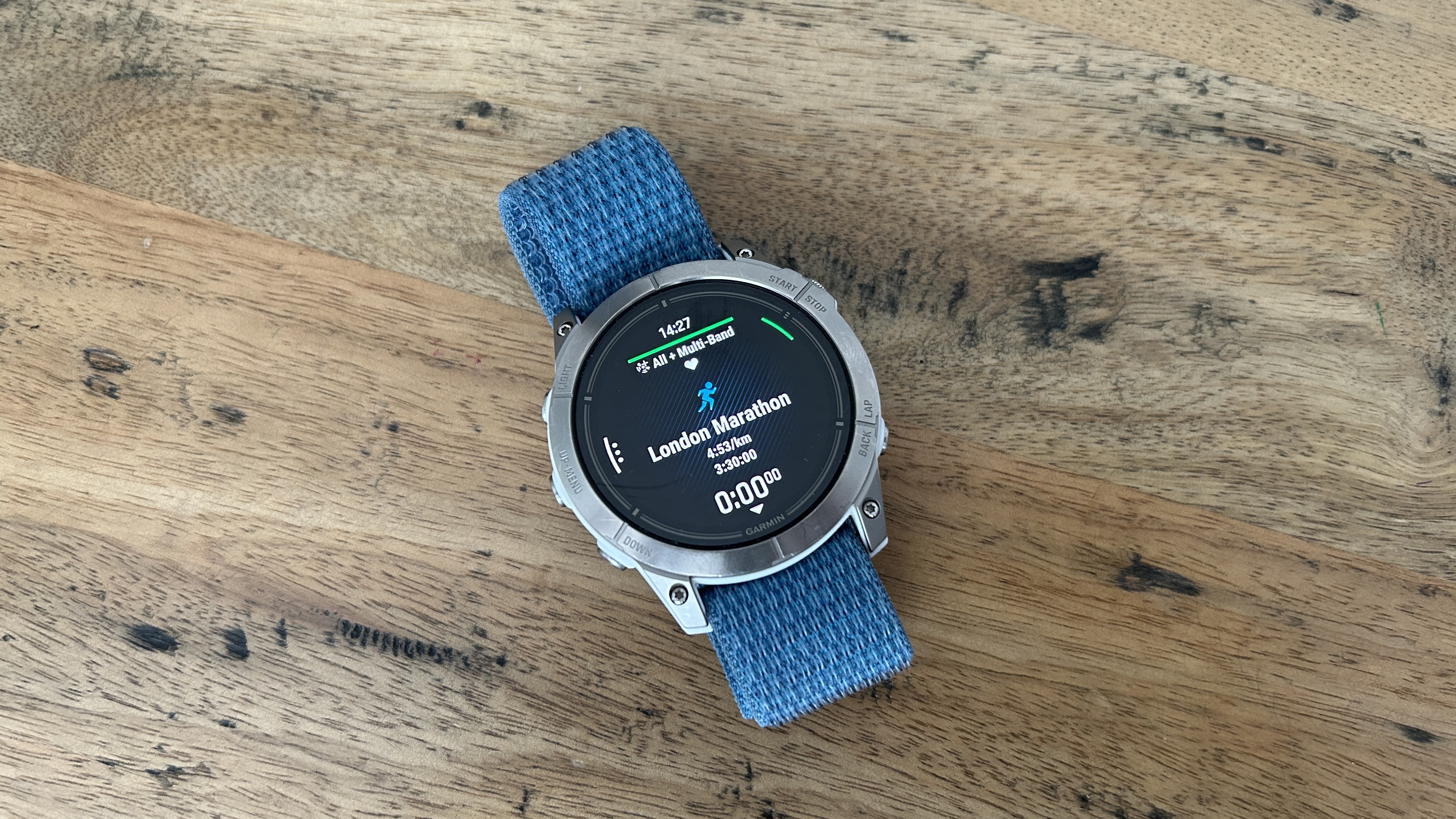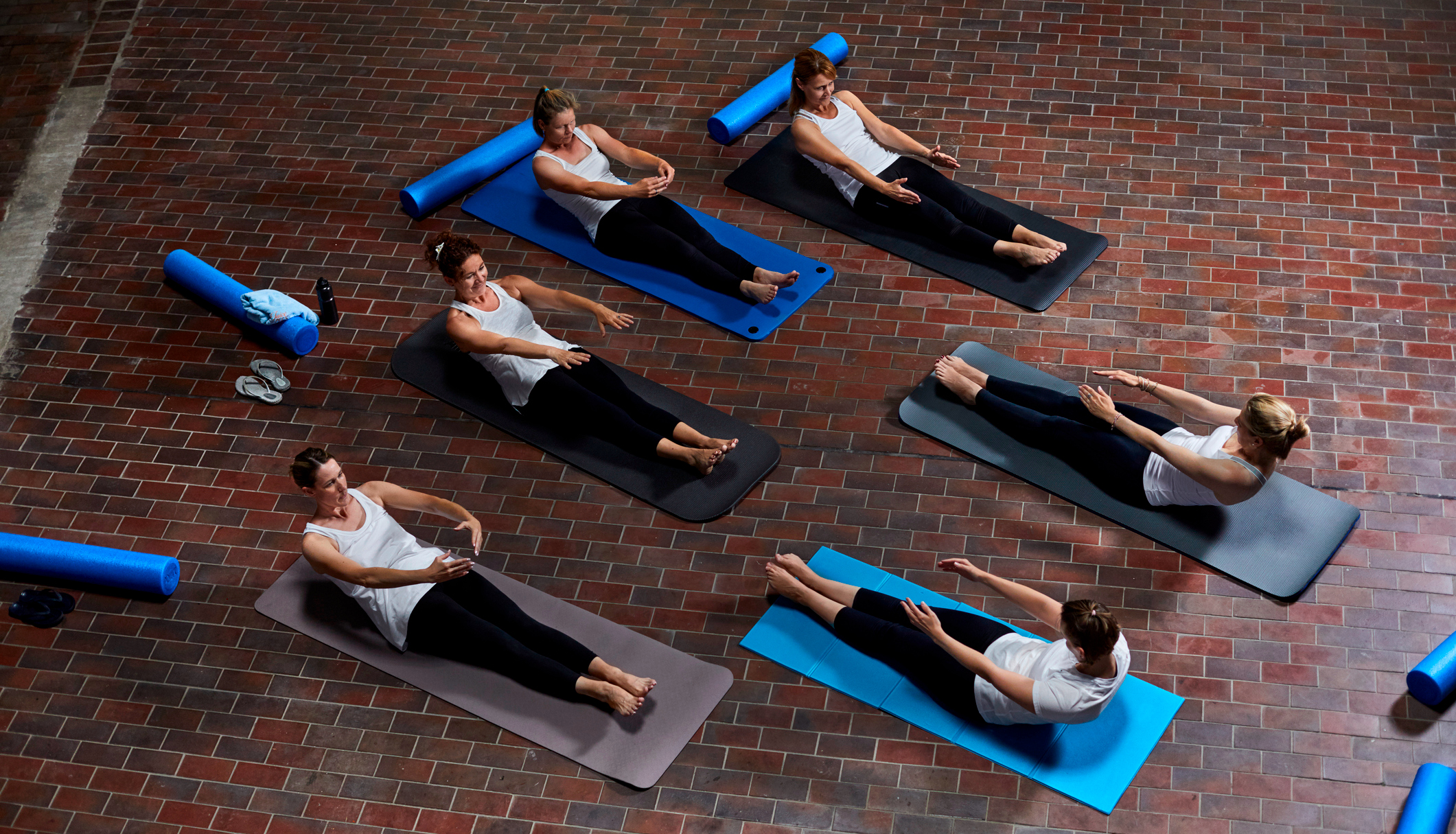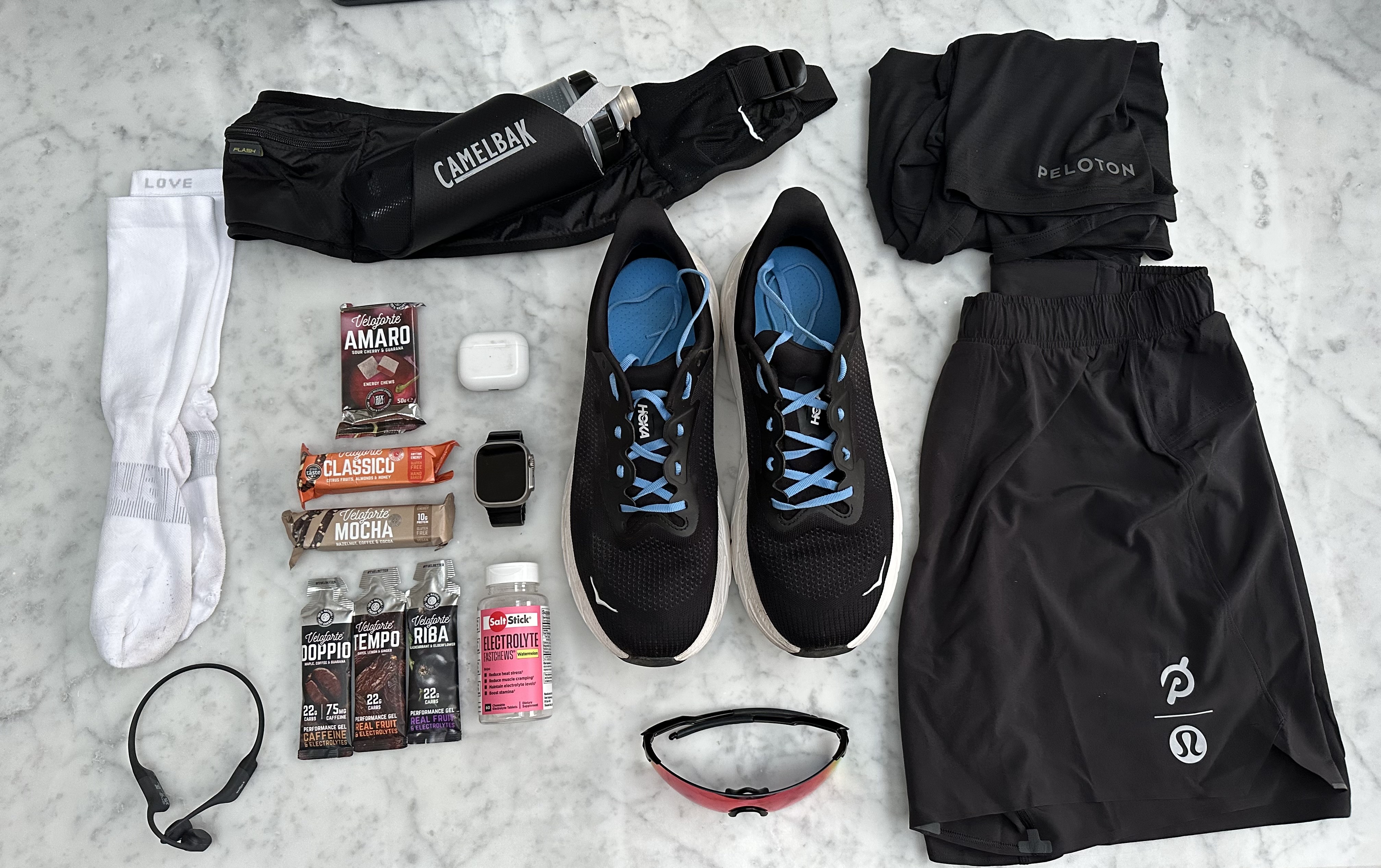Post-marathon recovery guide
British Military Fitness's Mark Wood explains what you need to do to help your body recover from a marathon

What you do in the days post-marathon is almost as important as what you do in the days before. Recovering after running a marathon is vital and something that many people neglect. Having run 42.2km, you may not feel like moving again for a while, but you shouldn’t allow your nervous system to sleep completely. Long-distance running takes its toll on your body and leaves you at risk of dehydration and damaged muscle tissue.
Post-marathon recovery plan
Allow a week for marathon recovery, broken down as follows:
0 - 2 days: Complete rest
Congratulate yourself for having run a marathon. Make sure you drink water in small amounts, frequently, to help with the dehydration and flush out the extra lactic acid that builds up after intense exercise.
2 - 4 days: Full body stretching, with particular focus on legs.
Supplement this with some light activity such as swimming, due to the low impact nature of the activity. Try foam rolling too. This is a form of self-massage used by athletes to release muscle tightness and tension using a bit of kit you can find at the gym or buy cheaply online. Use your bodyweight to apply weight over the roller to stretch out the tight muscles – it will be painful (and if an area really hurts, go easy on it), but it reduces muscle stiffness and can lead to better recovery.
5 - 7 days: Light, short-duration jogs (around 30 minutes).
Supplement this with lots of stretching and foam rolling. The overall aim of this plan is to recover safely and effectively by keeping the nervous system moving gently. Therefore, exercise is key, but the amount done should be minimal and low impact.
As well as the obvious physical factors, the stress of running a marathon can affect your immune system, making you more susceptible to colds and flu, so it’s important to eat a balanced diet with plenty of vitamins, and drink lots of water. In addition, some people often find they gain weight after running a marathon – do not be alarmed, this is usually due to water retention and will pass.
For more hints and tips, and to find out more about British Military Fitness visit: britishmilitaryfitness.com
Get the Coach Newsletter
Sign up for workout ideas, training advice, reviews of the latest gear and more.
Coach is a health and fitness title. This byline is used for posting sponsored content, book extracts and the like. It is also used as a placeholder for articles published a long time ago when the original author is unclear. You can find out more about this publication and find the contact details of the editorial team on the About Us page.










